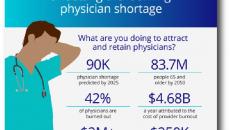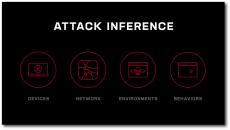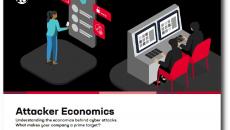Artificial Intelligence
With the annual revenue loss of one physician vacancy estimated at more than $2 million – and the cost to recruit replacements estimated at $250,000 each – losses of $4.68 billion per year can be attributed to physician burnout.
Healthcare organizations are profitable targets for cybercriminals because of the vast amounts of personal health information (PHI) they store for members. The challenge lies in balancing the need for improving patients’ digital experiences with the importance of having appropriate security measures in place to prevent healthcare fraud and...
A large health insurance company introduced an innovative Health Rewards program that gamified good health behavior with reward points for gift cards. Unfortunately, the CAPTCHAs added to the site’s login page were no match for automated credential-stuffing cyberattacks that breached thousands of customer accounts and fraudulently redeemed...
Credential stuffing, or using stolen username and password pairs to gain access to user accounts, can lead to data breaches, account takeover and expensive fraud.
With the expansion of digital healthcare come more accounts, logins, and data in an ever-larger cyberthreat landscape with more potential security breaches leading to fraud.
Cybercriminals have become increasingly sophisticated and now have the same skills, tools, and services as company IT teams — including the ability to use artificial intelligence (AI) and machine learning (ML) to create attacks that adapt to your mitigation efforts.
Cybercriminals have developed an industrialized attack lifecycle where application exploits and credential attacks are automated and weaponized. A successful data breach can net huge paydays for attackers, especially when healthcare data is at stake.
Sponsored
The transformation to personalized healthcare is happening now. Innovations such as artificial intelligence (AI) and machine learning (ML) are already empowering healthcare professionals to act on insights from massive amounts of data and make dramatic improvements in operational efficiency, clinical effectiveness, and patient outcomes. With an...
Sponsored
With AI solutions emerging in all areas of healthcare, health systems are looking for scalable solutions to help improve quality and efficiency. Evaluating AI solutions that drive efficiency and improved patient outcomes can be challenging. In this session, we will take a look at considerations that come into play when selecting AI...
As digital healthcare evolves, patient care becomes more intertwined with, and reliant on, technology and software. To keep operations running smoothly, healthcare IT professionals must perform regular and exhaustive testing on every component of the healthcare ecosystem. Implementing robotic process automation (RPA) testing solutions like...




























